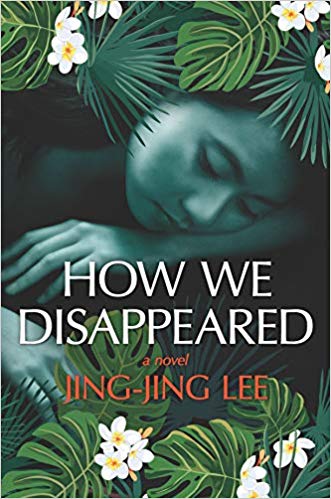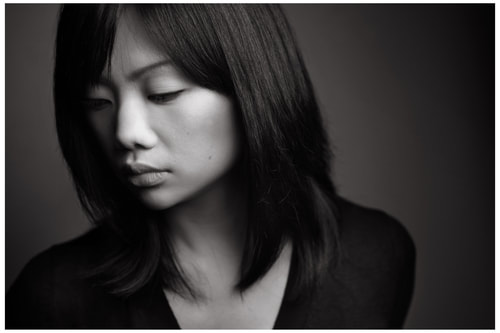
Hardcover: 352 Pages
Publisher: Hanover Square Press; Original edition (May 7, 2019)
A beautiful, stunningly ambitious novel set in World War II Singapore about a woman who survived the Japanese occupation and a man who thought he had lost everything—for fans of Pachinko and We Were the Lucky Ones
Singapore, 1942. As Japanese troops sweep down Malaysia and into Singapore, a village is ransacked, leaving only two survivors and one tiny child.
In a neighboring village, seventeen-year-old Wang Di is strapped into the back of a troop carrier and shipped off to a Japanese military brothel where she is forced into sexual slavery as a “comfort woman.” After sixty years of silence, what she saw and experienced still haunts her.
In the year 2000, twelve-year-old Kevin is sitting beside his ailing grandmother when he overhears a mumbled confession. He sets out to discover the truth, wherever it might lead, setting in motion a chain of events he never could have foreseen.
Weaving together two time lines and two very big secrets, this stunning debut opens a window on a little-known period of history, revealing the strength and bravery shown by numerous women in the face of terrible cruelty. Drawing in part on her family’s experiences, Jing-Jing Lee has crafted a profoundly moving, unforgettable novel about human resilience, the bonds of family and the courage it takes to confront the past.
Purchase Links
Amazon | Books-A-Million | Barnes & Noble
Review:
As World War II rages on, the people of Singapore believe that they are relatively safe on their tiny island with few resources, especially with British Troops around. However, the Japanese invade with force. Deadly air raids leave few survivors. Other villages are raided and young women are taken for the pleasure of Japanese Soldiers. At seventeen, Wang Di is on of the many young woman taken from her family to serve as a comfort woman. Wang Di was forcibly raped for years and then shamed when she returned home, never talking about what happened to her or the friends she made. Wang Di's parents quickly find her a husband. Soon Wei is much older than Wang Di, a widower whose wife and child perished in the air raids. In 2000, Kevin is dealing with the death of his grandma who admitted a secret to Kevin right before she died. Kevin tries to put the pieces of the past together in order to help his father heal.
How We Disappeared is an absolutely beautiful story about the horrific truth about what happened to the people of Singapore. I had heard of the comfort women before, but had not been exposed to the reality of their situation. Wang Di, like many of the real comfort women, were taken as children to houses where they were beaten, starved, and forcibly raped by dozens of Japanese soldiers a day. Wang Di's hope was what pulled her through the brutality . The writing of Wang Di's time in the brothel was direct and honest, but through Wang Di's voice, there was always a glimmer of what could be. I was surprised at the amount of shame the survivors among the comfort women faced even among their family. Kevin search for the truth weaves together the narrative of Wang Di, Soon Wei and his grandmother in a surprising way. Though the time hops and change in voice happens quickly, Kevin's search is what allows for healing and truth. Touching and raw, How We Disappeared is a story of survival, love and healing after tragedy.
This book was received for free in return for an honest review.

Jing-Jing Lee is the author of the novel, If I Could Tell You. Her poems have been published in Ceriph, Poetry Quarterly, Quarterly Literary Review Singapore, and Moving Words 2011: A Poetry Anthology. Jing moved to Europe in her early 20s and started to pursue writing full-time. In 2011, she gained a Masters of Studies in Creative Writing from the University of Oxford. She now lives in Amsterdam with her husband and is working on her second book of fiction. When she’s not working on her novel-in-progress or reading (or taking photographs), she can be found here and on twitter.
Connect with Jing-Jing
Website | Twitter | Instagram







 RSS Feed
RSS Feed



